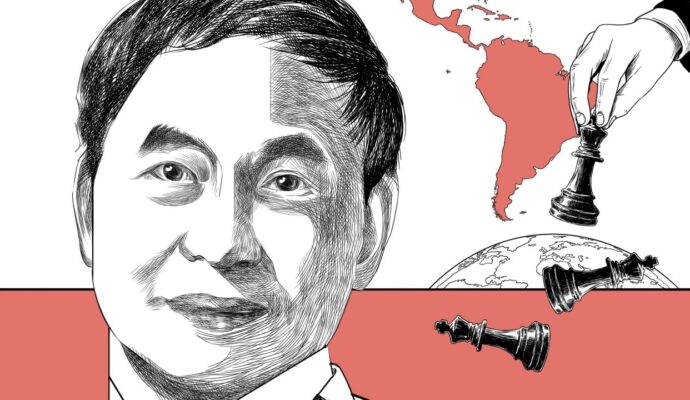
“These [factors] have created unprecedented difficulties to the ongoing institution and rule-building progress of maritime cooperation and governance in the South China Sea.”
The idea of a code of conduct was first raised in the 1990s with China and the Association of Southeast Asian Nations agreeing a vaguely worded Declaration on the Conduct of Parties in the South China Sea (DOC) in 2002.
Talks on a more substantive code of conduct began in 2017, but have faced significant delays and a 2022 deadline for reaching a deal has already passed.
It is now only in its second reading phase and this part alone is expected to drag on until the end of the year.
Wu said that the 2002 DOC has not worked effectively because it was a non-binding political document, and the South China Sea is an important body of water for international shipping, fishing, and energy resources, countries have competing claims over the area.
China’s claims to most of the South China Sea overlap with those of the Philippines, Vietnam, Malaysia and Brunei, all of which are Asean members, and there have been clashes or stand-offs over fishery or oil and gas development.
Although the claimants appear to be a long way from any resolution of their territorial claims in the resource-rich waters, the talks on a code of conduct represent a continued effort to manage their disagreements.
Given the current low level of trust between China and other claimants, Wu suggested practical cooperation in “non-sensitive to low sensitivity” fields might help.
He said three initial areas for cooperation could be fisheries, environmental protections and issues covered under the UN’s Agreement on the Conservation and Sustainable Use of Marine Biological Diversity of Areas Beyond National Jurisdiction.
He then suggested that the next phase could include areas such as deep sea scientific exploration, a shared fishery database and joint law enforcement training.

